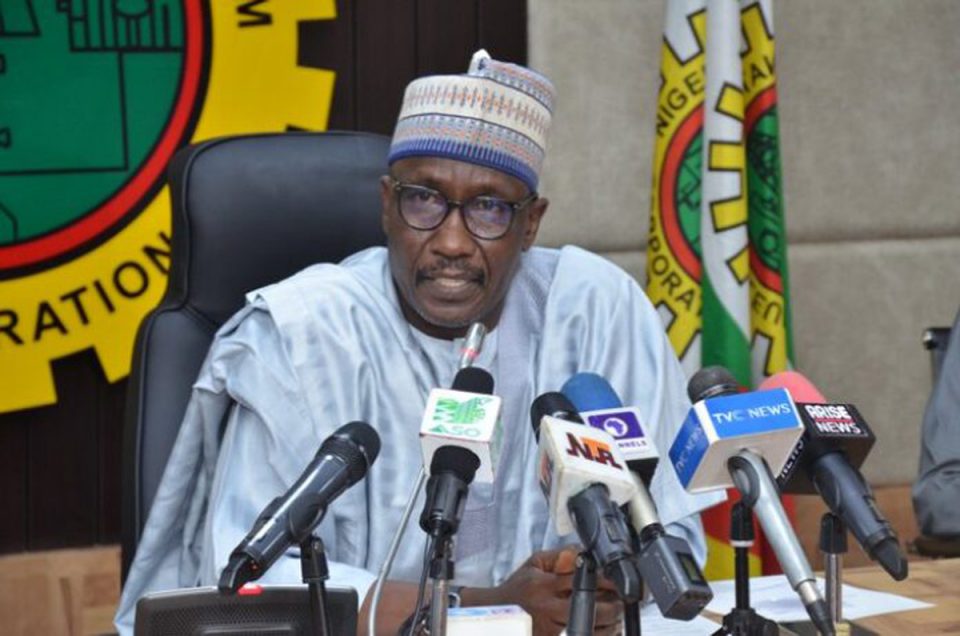The Group Chief Executive Officer of the Nigerian National Petroleum Company Limited (NNPCL), Mallam Mele Kyari, has said that the firm was reducing its carbon footprints by massive reduction in gas flaring in its operations.
The pledge is coming against the backdrop of Nigeria’s adoption of 2060 as a suitable date for its net zero transition as African leaders seek energy justice in the transition process.
Hydrocarbons remain a major source of pollution globally, but Nigeria has recently adopted gas as its transition fuel, which it said would help to fund other renewable infrastructure.
Stressing that the country will pursue new and profitable energy ventures to deliver the country’s net zero transition, Kyari, who spoke at the public launch of the Nigeria Energy Transition Plan by Vice President Yemi Osinbajo, noted that the country will continue to lead Africa in that regard.
“NNPCL recognises the activities of the oil and gas sector as a significant contributor to carbon emissions and the consequent adverse impact on the climate.
“We have taken steps to decarbonise our operations by primarily excusing gas flares from our operations, pursuing carbon capture initiatives and technology that supports low carbon operations while focusing on gas as a transition fuel.
“Subsequently, NNPC is taking advantage of Nigeria’s huge natural gas reserves of over 200 trillion cubic feet of gas with the potential to grow to 600Tcf.
“More investment is expected due to the recent resolution of the production sharing contracts with our partners and the empowerment of the NNPC by the Petroleum Industry Act (PIA) to take full responsibility for commercial operation of the Joint Venture assets,” Kyari stated.
According to him, these significant reserves will provide the resources for a low carbon energy alternative that will support growth in the power and industrial sector and reduce energy poverty, carbon footprints and create more employment opportunities.
The launch highlighted Nigeria’s commitment and ambition in achieving carbon neutrality while also ending energy poverty, which it said will lift 100 million people out of poverty, drive economic growth, and bring modern energy services to the entire population.
The drive for Nigeria’s energy transition is in line with Sustainable Development Goal 7 (SDG7) which advocates affordable, reliable, sustainable and modern energy for all by 2030.




